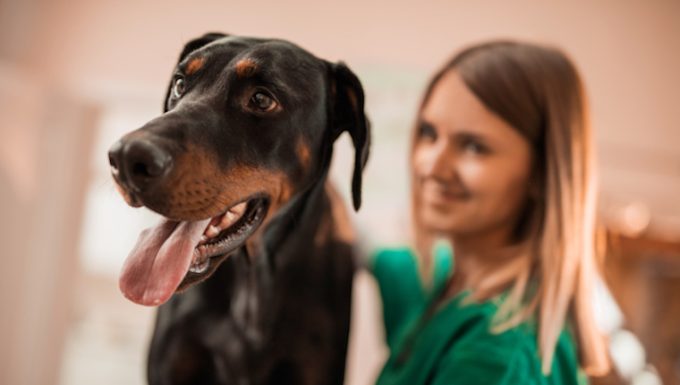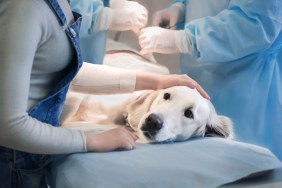Mumps in dogs is a condition that is caused by a type of viral infection. The condition causes a dog’s salivary glands to become inflamed.
Thankfully, most dogs fully recover from the condition. Although the condition can be passed from humans to dogs.
Technically, the condition is also known as paramyxovirus infection in dogs.
If you…









